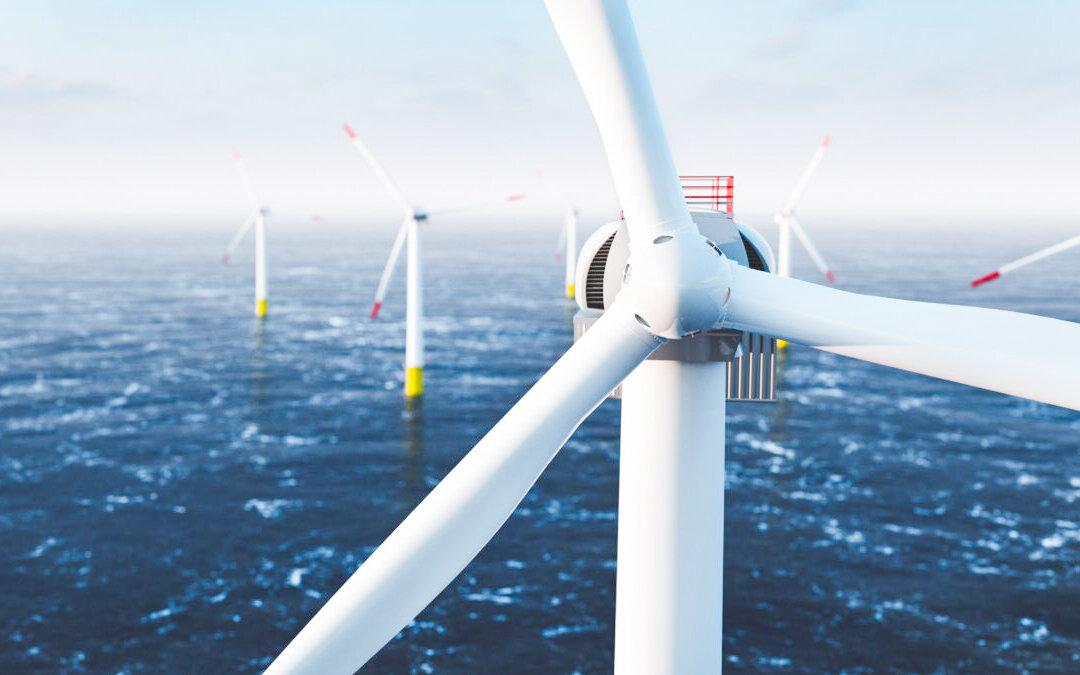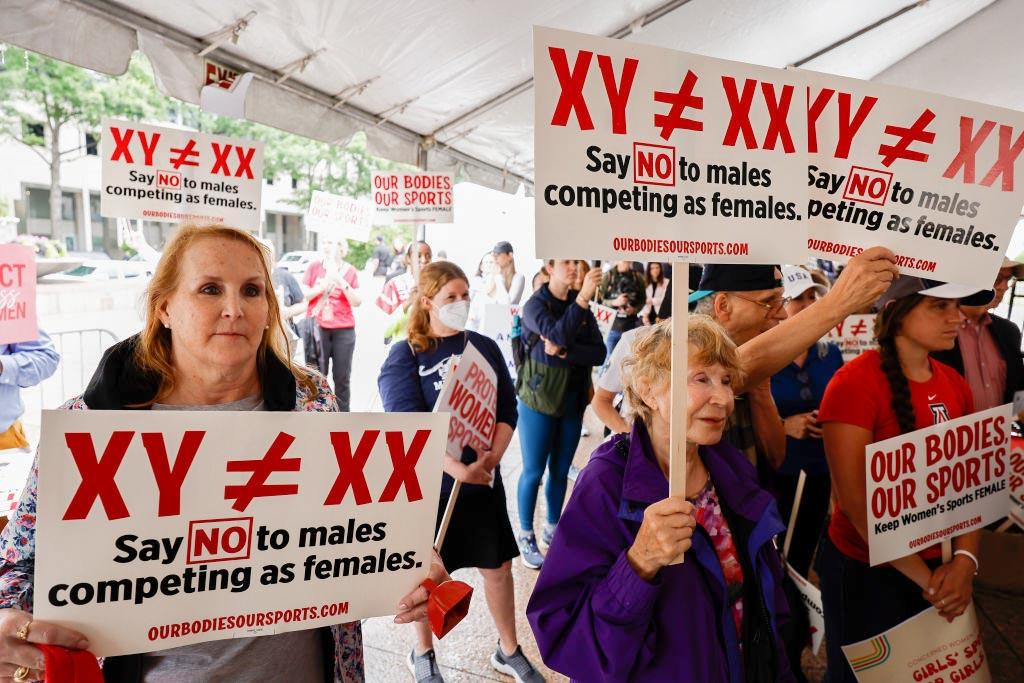Offshore wind developer Orsted announced on Nov. 1 that it is abandoning two massive projects planned off the New Jersey coast. The Danish wind giant cited supply chain issues, inflation, and rising interest rates, among other factors.
Its decision delivers a serious blow to the Biden administration’s ambitious goal of using offshore wind to address climate change.





